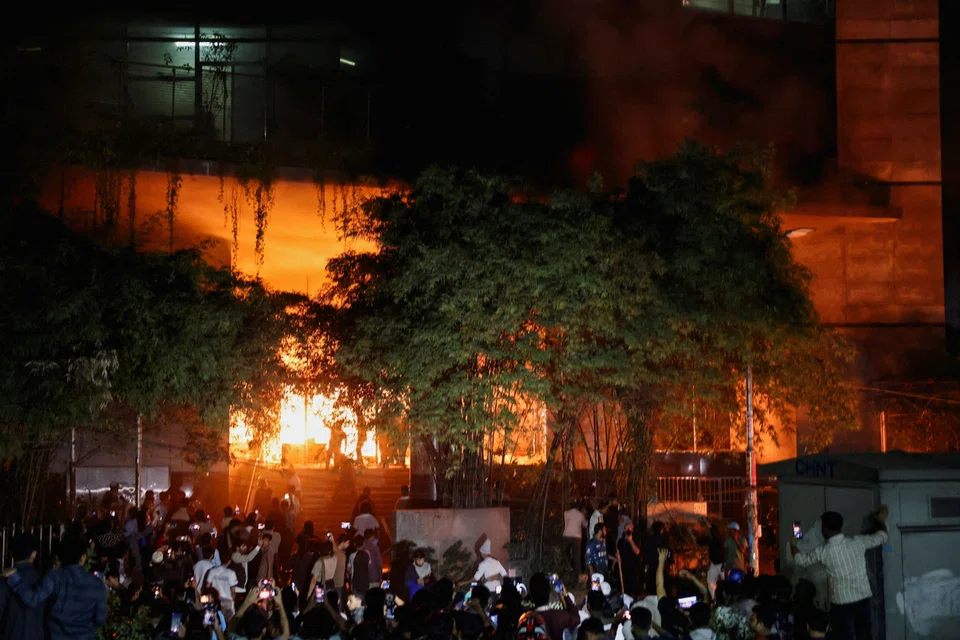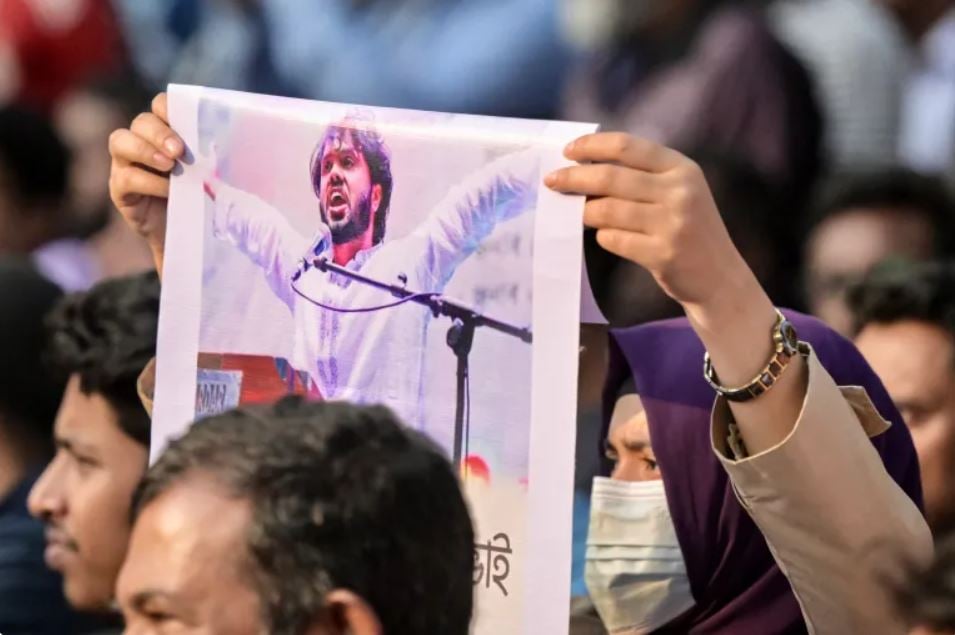In a scathing critique, Mohamed Hameed, former Commissioner of Police, has voiced his disapproval of a recent statement made by the spokesperson representing the Maldives Police Service (MPS). Hameed condemned the spokesperson's remarks as irresponsible and damaging to public trust in the institution's integrity.
The controversy stemmed from a local news report addressing concerns about the police's efficacy in combating crime. In response, the MPS spokesperson made comments that Hameed deemed inappropriate, asserting that such statements undermine public confidence in the impartiality and professionalism of the police force.
Hameed highlighted a systemic issue concerning the handling of accused individuals and re-offenders within the justice system. He criticized the prevalent practice, across different political administrations, of releasing suspects on judicial remand or granting parole and clemency to convicted offenders. According to Hameed, while parole and clemency are legitimate aspects of the legal process, their implementation must be carried out responsibly.
The former Commissioner emphasized the importance of accountability within law enforcement and governmental institutions. He expressed disappointment at the impunity displayed by some senior officers and government officials, warning that such actions could inflict further harm on institutions designed to safeguard public interests.
Moreover, Hameed underscored a broader concern regarding the apparent lack of resolve within both public-serving institutions and government leadership to hold individuals accountable for overstepping their authority.
In his critique, Hameed called for a shift towards a mindset of self-accountability and proactive problem-solving, rather than a culture of blame-shifting. He urged for greater efforts to address systemic challenges and uphold the integrity of institutions entrusted with public welfare.
The former Commissioner's remarks serve as a stark reminder of the critical importance of transparency, accountability, and professionalism within law enforcement and governmental bodies. As debates surrounding crime prevention and justice reform continue, Hameed's critique underscores the need for concerted efforts to address underlying issues and restore public trust in key institutions.
The controversy stemmed from a local news report addressing concerns about the police's efficacy in combating crime. In response, the MPS spokesperson made comments that Hameed deemed inappropriate, asserting that such statements undermine public confidence in the impartiality and professionalism of the police force.
Hameed highlighted a systemic issue concerning the handling of accused individuals and re-offenders within the justice system. He criticized the prevalent practice, across different political administrations, of releasing suspects on judicial remand or granting parole and clemency to convicted offenders. According to Hameed, while parole and clemency are legitimate aspects of the legal process, their implementation must be carried out responsibly.
The former Commissioner emphasized the importance of accountability within law enforcement and governmental institutions. He expressed disappointment at the impunity displayed by some senior officers and government officials, warning that such actions could inflict further harm on institutions designed to safeguard public interests.
Moreover, Hameed underscored a broader concern regarding the apparent lack of resolve within both public-serving institutions and government leadership to hold individuals accountable for overstepping their authority.
In his critique, Hameed called for a shift towards a mindset of self-accountability and proactive problem-solving, rather than a culture of blame-shifting. He urged for greater efforts to address systemic challenges and uphold the integrity of institutions entrusted with public welfare.
The former Commissioner's remarks serve as a stark reminder of the critical importance of transparency, accountability, and professionalism within law enforcement and governmental bodies. As debates surrounding crime prevention and justice reform continue, Hameed's critique underscores the need for concerted efforts to address underlying issues and restore public trust in key institutions.


















